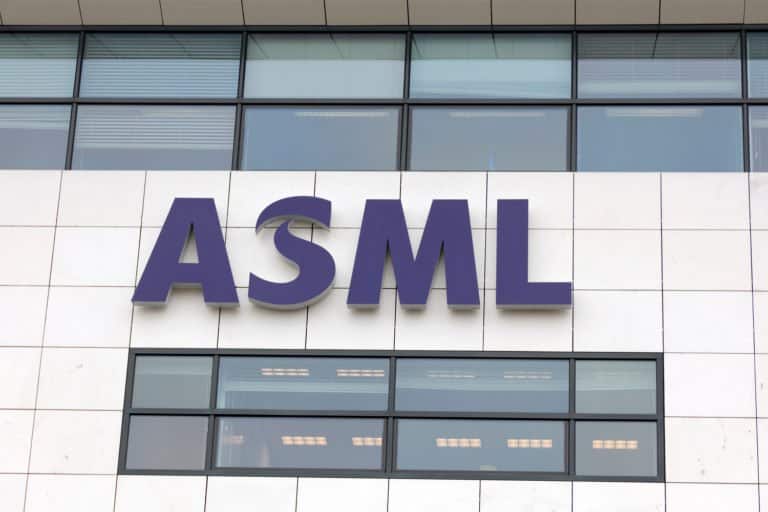CEO Peter Wennink is concerned that further bans on advanced chip manufacturing machine exports to China will force ASML to sacrifice too much.
The CEO shared the statement in an interview with Dutch media. According to Wennink, the restrictions that the US is trying to push on the Dutch government are a double standard. On the one hand, ASML isn’t allowed to supply highly advanced EUV lithography machines to China. On the other hand, US chipmakers can simply supply EUV-made processors to Chinese companies.
In addition, Wennink questions whether banning EUV machine exports actually achieves the US goal of preventing the technology from being used for military purposes. According to the CEO, chip technology used for military purposes is ten to fifteen years old on average. Such technology can still be sold to China.
China adapts chip roadmap
Moreover, Wennink indicates that China is adjusting its roadmap for chip production. They now focus more on the production of mature chips, that are still necessary globally. The restrictions won’t apply to mature chips above certain nanomeres.
One of the factors that influence the fineness of chips is the process of ‘deposition’, i.e. the application of light-sensitive layers and the weaving of material. This technique supports the ASML DUV machine in the production process of microchips. By repeating the process (multipatterning) with multiple DUV machines, finer-grained chips can be produced.
Some US chip manufacturing machine suppliers generate a third of their revenue by selling chip machines to China.
ASML has sacrificed enough
Wennink concludes that ASML has done enough to comply with the sanctions imposed in recent months. “They may believe we still have to come through, but ASML has already sacrificed. We are no longer allowed to supply EUV to China — and EUV is half of our revenue. Now, 15 percent of our revenue comes from China. At US chip machine suppliers, that figure is closer to 25 percent or even 30 percent.”
